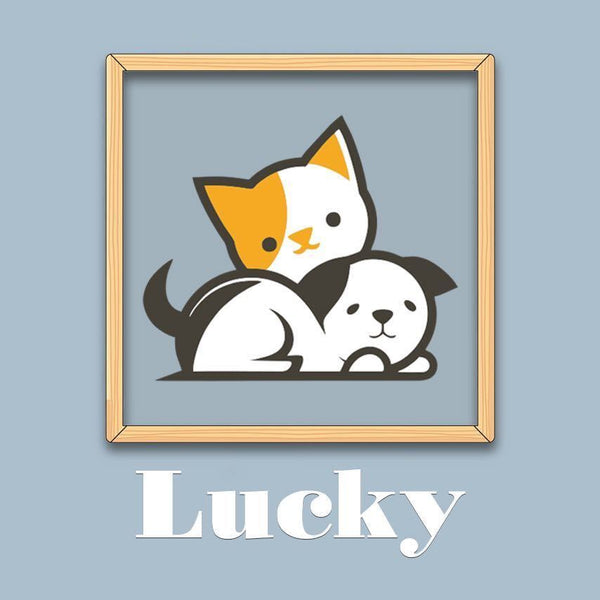Thoughts on dog training
Something I’ve noticed in a lot of dog training discussions lately is how many people use the words “correction” and “punishment” interchangeably. This includes dog trainers who should know better. I’d like to go into why these two words do not mean the same thing. While I’m at it, I’d also like to add two more words, “interruption” and “retribution."
Interruption, Correction, Punishment, Retribution. Four important concepts.
An interruption does exactly what you’d think. It briefly pulls the dog’s attention from whatever the dog was doing or thinking. You toss a rag on the ground, or snap your fingers, or throw a handful of acorns into the air, or roll a ball past him, or whatever. You aren’t telling the dog to do anything in particular. You just distract his thoughts away from whatever he’s doing, so he stops doing it.
An example: my dog sees a squirrel. I give a loud whistle, momentarily distracting my dog. The dog turns his head towards my noise. The squirrel takes advantage of his distraction to scoot up a tree. Now there's no more squirrel to chase. This hasn't taught the dog to stop chasing squirrels, but it's stopped the dog from chasing this particular squirrel.
A correction is when the dog is doing the wrong thing, and you guide the dog to do the right thing instead. It doesn’t necessarily mean the dog is being a bad dog. It doesn’t even mean the dog is doing something you never ever want him doing. It just means whatever the dog is doing right now is not what you want him doing right now. You instruct him on what you want him doing instead.
An example: I open the hatch to my car at the park, and my dog starts to jump out. I push him back and tell him to Wait. He stays in place while I finish putting on my gloves and daypack. I check to make sure there are no other dogs nearby, give him a treat, and then give him the ok to jump out of the car. Then I give him another treat for hopping out. The next time we go to the park he remembers he's supposed to get a treat before he hops out of the car. He sits waiting until he gets his treat in the car and then waits again for his second treat before starting to walk away from the car.
Punishment is when you apply pain, intimidation, or other unpleasantness after a dog has done something wrong. The purpose is to prevent the dog from ever making that same mistake again for fear of the consequences. If you are using punishment at all, it should be only if you are 100% sure your dog knew what was expected, had no good reason to disobey, and understands exactly why he is now encountering the consequences of his bad decision. You also should try to avoid punishing a dog for something you might actually want the dog to do at other times.
Example: when I am working with my horses in the round pen sometimes a dog will attempt to crawl under the fence into the round pen. This could be a fatal decision for the dog. It's dangerous for me too; I don't want to get run over by a horse shying away from the dog. Therefore, I will run screaming at the dog while smacking the ground menacing with the lunge whip until he's fled safely back under the fence again.
Retribution is when you inflict pain, fear, or other unpleasantness on a dog that doesn’t understand what’s happening, or which had no good choices to make in a situation. Retribution is never the right tactic to use on a dog.
Example: someone comes home from work, discovers the dog has pooped on the carpet. The owner drags the dog over to the mess while yelling at him. Two or three hours after making the mess the dog isn't going to understand why he's being scolded. Even if he did, he may have really needed to go out, and nobody was there to open the door for him. All of this yelling does nothing to prevent further pooping; it just convinces the dog his owner is emotionally unstable.
So, if you’re looking to hold onto the connection you shared with your pupper, visit the Luckypet website to explore our products and services.




